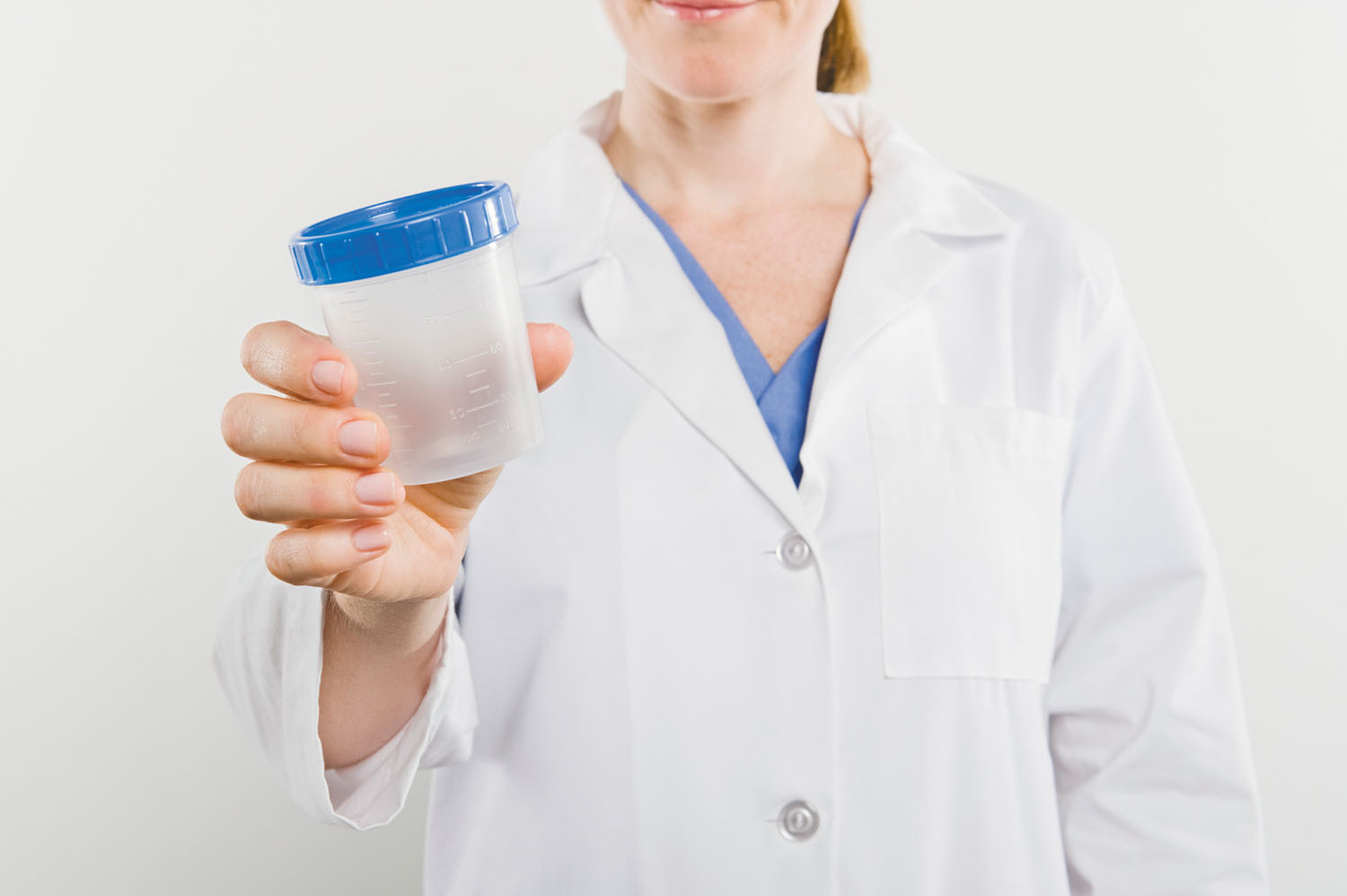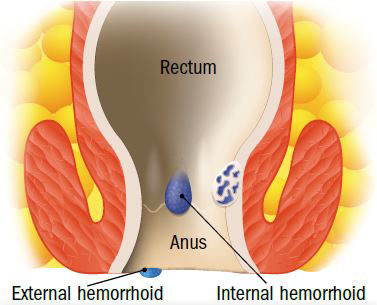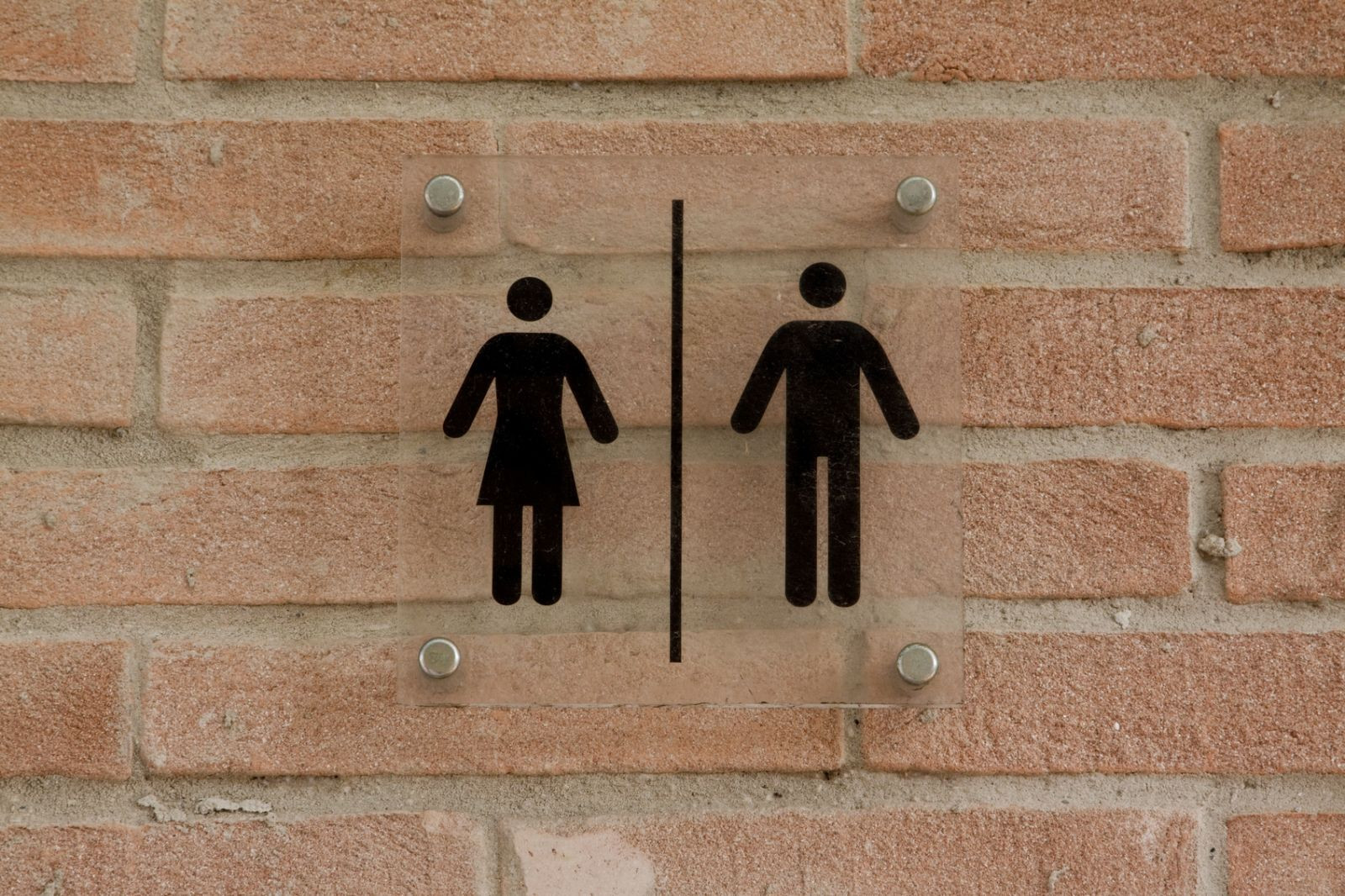
Trying to lose weight? Be careful not to lose muscle

Is your skin problem actually an autoimmune condition?

People with diabetes face higher risk of hearing loss

Antibiotic-free fixes for recurrent UTIs

Musculoskeletal syndrome of menopause: When menopause makes you ache all over

When can older women stop getting mammograms?

To lose weight, especially harmful belly fat, combine diet and exercise

Can men hold off on treating recurring prostate cancer?

The 7 types of rest and why we need them all

What are the early warning signs of cervical cancer?
Bladder & Bowel Archive
Articles
Are vaginal laser treatments safe?
Ask the doctors
Image: © scibak/Getty Images
Q. I just saw that the FDA issued a warning on vaginal laser procedures. Are these procedures dangerous?
A. More study of these laser procedures is needed to conclusively determine if they're safe and effective for vaginal conditions. If you're considering one of these procedures, have a detailed conversation with your doctor about traditional medical therapies as well as the pros and cons of laser treatments. The FDA issued a warning on July 30 about energy devices (laser therapy).
Anticholinergic drugs linked with dementia
In the journals
Anticholinergic medications used to treat bladder conditions, Parkinson's disease, and depression are associated with an increased risk of dementia, according to a large study published online April 25, 2018, by The BMJ. Anticholinergic drugs help to contract and relax muscles. They work by blocking acetylcholine, a substance that also transmits messages in the nervous system. In the study, researchers compared the medical records of 40,770 people older than 65 who were diagnosed with dementia and 283,933 seniors without.
They found that people diagnosed with dementia were up to 30% more likely to have been prescribed anticholinergic medications for Parkinson's, bladder problems, or depression. Frequently prescribed anticholinergic drugs include procyclidine (Kemadrin) for Parkinson's; tolterodine, oxybutynin, and solifenacin (Vesicare) for urological conditions like overactive bladder or incontinence; and amitriptyline, dosulepin, and paroxetine for depression. However, there was no association between dementia and anticholinergic drugs used to treat other common conditions like hay fever, travel sickness, and stomach cramps.
Keeping kidney stones at bay
Kidney stones strike twice as many men as women, but there are simple ways to stop their formation.
Image: © pixologicstudio/Getty Images
If you've ever passed a kidney stone, you will never forget it, and you'll do anything to avoid it again. If you haven't, here is what you could expect: unbearable pain centered in your mid- to lower back that often comes in waves for 20 minutes to an hour at a time, until the tiny stones finally pass out of the body through your urine.
Unfortunately, as you age, the odds of getting kidney stones tends to rise. "Kidney stones are more common in men than in women, and in about half of people who have had one, kidney stones strike again within 10 to 15 years without preventive measures," says Dr. Brian Eisner, co-director of the Kidney Stone Program at Harvard-affiliated Massachusetts General Hospital.
Rapid urine test could reduce unnecessary antibiotic use
Research we're watching
Image: © moodboard/Thinkstock
A new test might help doctors better treat patients with urinary tract infections, according to a study published in the Oct. 4, 2017, issue of Science Translational Medicine. These infections prompt some eight million doctor visits each year, and doctors often prescribe antibiotics to treat the condition. However, sometimes the bacteria they are attempting to treat are resistant to first-line antibiotics. The delay caused by the ineffective medication can, in some cases, cause the patient's condition to worsen and lead to complications. To eliminate this antibiotic guesswork, researchers developed a new quick-acting antimicrobial susceptibility test that not only tells the doctor within 30 minutes whether the patient has a urinary tract infection, but also what type of bacteria caused it and what drugs will best treat it. The test can also quickly identify cases where antibiotics aren't needed at all, preventing overuse of antibiotics, which can promote resistance. The same type of rapid testing, might eventually be of use in identifying the best anti-biotics for other types of bacterial infections as well.
Help for hemorrhoids
One of the most embarrassing conditions also can be one of the easiest to treat and manage.
Image: © ttsz/Thinkstock
Hemorrhoids are without doubt among the most unpleasant of health topics. But if you have suffered from them, you may find comfort in knowing that you are not alone.
More than 75% of people ages 45 and older have had hemorrhoids, with symptoms like rectal pain, itching, and bleeding after a bowel movement.
Men may want to rethink surgery for early-stage prostate cancer
In the journals
Observation only may be the best medicine for men with early-stage prostate cancer, suggests a 20-year study published online July 13, 2017, by The New England Journal of Medicine. Early-stage prostate cancer means the cancer is small, confined to the prostate gland, and can only be detected with a biopsy.
Researchers randomly assigned 731 men, average age 67, with localized prostate cancer to receive either surgery or observation only. At the 20-year follow-up, 62% of the men who had prostate cancer surgery had died of other causes, while only 7% died from prostate cancer. In comparison, 67% of the men assigned to observation died from other causes and 11% from prostate cancer. The absolute differences in mortality were not significant.
Antibiotic use linked to increased risk of precancerous colon polyps
Research we're watching
Recent evidence suggests that antibiotics, which affect the makeup of intestinal bacteria, might be associated with an increased risk of colorectal cancer. A team led by researchers from Harvard Medical School wanted to see if antibiotic use is also associated with adenomatous polyps, precursors of colon cancer that significantly increase the risk of developing the disease.
The team analyzed data from 16,642 women ages 60 or older participating in the Nurses' Health Study. They first looked at participants' antibiotic use from ages 20 through 59 and in the most recent four years. They also checked the results with the women's colonoscopies and found 1,195 cases of adenomatous polyps.
Reducing dietary salt may mean fewer nighttime bathroom trips
In the journals
Men who battle with nocturia — waking up at night to urinate — may find relief by reducing the amount of salt in their diet, according to research presented March 24, 2017, at the European Society of Urology congress in London. Nocturia can interfere with your sleep, which may lead to problems like increased stress, irritability, and tiredness.
In the study, researchers from Nagasaki University in Japan examined 321 older adults — about half of whom were men — who had both a high-salt diet and problems sleeping due to nocturia. The participants were then advised on how to reduce their daily salt consumption, which they followed for 12 weeks.
The "other" incontinence — don't suffer in silence
Most people who are suffer from fecal incontinence do so in silence. As a result, the number of people with the condition — which results in the involuntary release of gas or stool — isn't known. But the scant evidence at hand indicates that it usually begins during one's 40s or 50s.
You don't have to live with incontinence — there are treatment options, which include dietary changes and bowel training regimens, and surgery for some people.
New thinking about urinary tract infections
Don't be surprised if your doctor doesn't rush you into treatment.
Image: © iStock
Urinary tract infections (UTIs) can be tricky in older age. They're not always as easy to spot or treat as in youth. And the decades-long approach to treatment is changing. "We've been hasty in using antibiotics, and we're learning there are significant consequences that can range from side effects of medication to infections with antibiotic-resistant bacteria," says Dr. Helen Chen, a geriatrician at Harvard-affiliated Hebrew Rehabilitation Center.
About UTIs
UTIs can occur anywhere in the urinary tract. The most common places are the bladder (where urine is stored) and the urethra (the tube through which you urinate). Less common, but more serious, is infection of the kidneys, which filter waste and extra water from the blood and make urine. Infections may be triggered by sexual activity, catheters, kidney stones, decreased estrogen in the lining of the vagina, or urine that's pooled in the bladder.

Trying to lose weight? Be careful not to lose muscle

Is your skin problem actually an autoimmune condition?

People with diabetes face higher risk of hearing loss

Antibiotic-free fixes for recurrent UTIs

Musculoskeletal syndrome of menopause: When menopause makes you ache all over

When can older women stop getting mammograms?

To lose weight, especially harmful belly fat, combine diet and exercise

Can men hold off on treating recurring prostate cancer?

The 7 types of rest and why we need them all

What are the early warning signs of cervical cancer?
Free Healthbeat Signup
Get the latest in health news delivered to your inbox!
Sign Up









